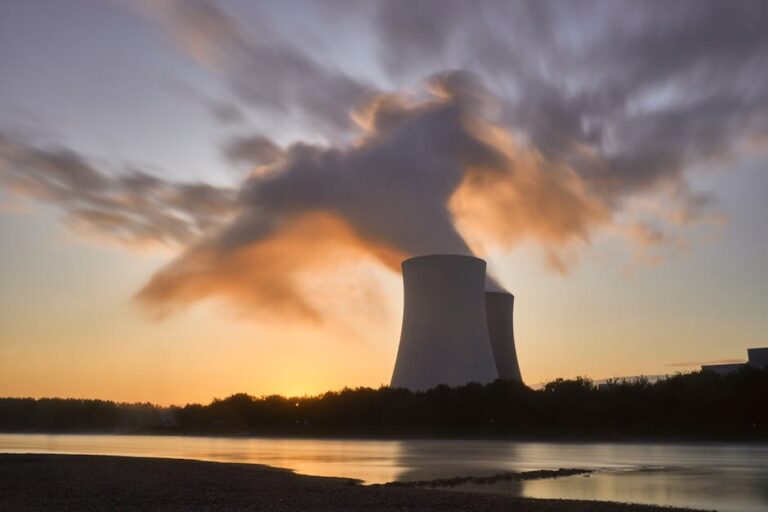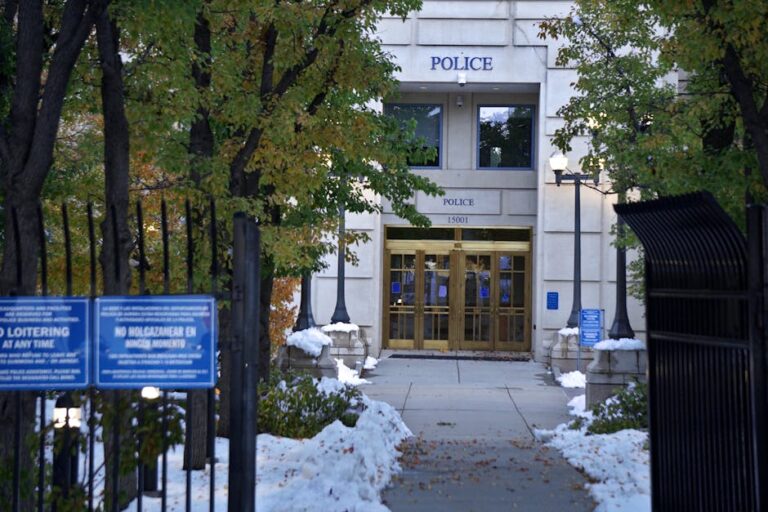
In a major diplomatic move, former British Prime Minister Tony Blair joined President Donald Trump at the White House this week for critical talks on the future of post-war Gaza. The meeting, held on August 27, 2025, was designed to address the human war and political challenges facing the region and to outline a plan for reconstruction once the conflict comes to an end.
The discussions at the White House drew global attention not only because of the presence of Trump and Blair, but also because they highlighted Washington’s role in shaping the next phase of Middle East peace efforts.
Why the White House Meeting Matters
For months, Gaza has been at the centre of one of the most devastating conflicts in recent memory. Cities have been reduced to rubble, thousands displaced, and food shortages have reached alarming levels. The United Nations has even warned of famine, urging global powers to step in.
Against this backdrop, the White House became the stage for high-level talks on what comes next. President Trump invited Tony Blair, along with senior officials and his son-in-law Jared Kushner, to join in developing a “day-after strategy” for Gaza.
Key Issues on the Table at the White House
The goal: to move beyond fighting and begin mapping out how humanitarian aid, governance, and reconstruction will take shape once a ceasefire is achieved.
Several major points dominated the conversation at the White House:
- Humanitarian Aid: Ensuring food, medicine, and clean water reach millions in need.
- Hostage Negotiations: Securing the release of hostages taken during the conflict.
- Reconstruction: Planning for the massive rebuilding effort that Gaza requires.
- Governance: Debating who should lead Gaza after the war and how to prevent future instability.
Blair’s Contribution
Tony Blair has long been engaged in Middle East peace talks, dating back to his time as a special envoy after leaving Downing Street. At the White House, Blair emphasized that aid and reconstruction alone would not be enough — Gaza also needs a political path forward.
Blair reportedly laid out ideas for a governance framework that avoids forced displacement and supports eventual Palestinian self-rule. His role at the White House meeting underscored how international voices are being invited into Trump’s second-term foreign policy strategy.
Trump, Kushner, and the White House Strategy
For Trump, holding this meeting at the White House was a chance to demonstrate leadership on one of the world’s most pressing crises. He framed the talks as an effort to “get results where others failed,” echoing his campaign-style promise of bold action.
The return of Jared Kushner to the White House spotlight was another key development. Kushner, who helped broker the Abraham Accords during Trump’s first term, is once again being tapped to leverage his relationships with Israel and Arab states. His presence signals that the administration is revisiting some of the approaches used in earlier regional diplomacy.
Global Reaction to the White House Meeting
Reactions to the White House discussions have been mixed. Supporters welcomed the renewed focus on humanitarian relief and rebuilding, pointing to Gaza’s urgent needs. Critics, however, questioned whether Trump and Blair could balance Israeli security demands with Palestinian rights.
Regional governments, including Egypt, Jordan, and Gulf states, are expected to play a crucial role. Many observers believe the White House will need their cooperation if any post-war plan is to succeed.
Looking Ahead
Although the meeting at the White House did not produce an immediate agreement, it set the stage for more concrete proposals in the coming weeks. Trump has promised to unveil a comprehensive strategy soon, while Blair and his institute are drafting detailed recommendations for governance and reconstruction.
The future of Gaza remains uncertain, but the White House meeting has signaled that Washington is ready to shape the conversation and potentially lead the international response.
Conclusion
The talks at the White House between Donald Trump and Tony Blair underline the urgency of preparing for Gaza’s future. Humanitarian aid, hostages, reconstruction, and political governance were all central themes, but the challenge ahead will be turning words into action.
By bringing together U.S. leadership, international expertise, and regional involvement, the White House has positioned itself at the center of post-war planning for Gaza. The world will now watch closely to see whether these discussions lead to meaningful change on the ground.







Calling it domestic terror shows how serious it is. Swift justice is essential—no room for political violence